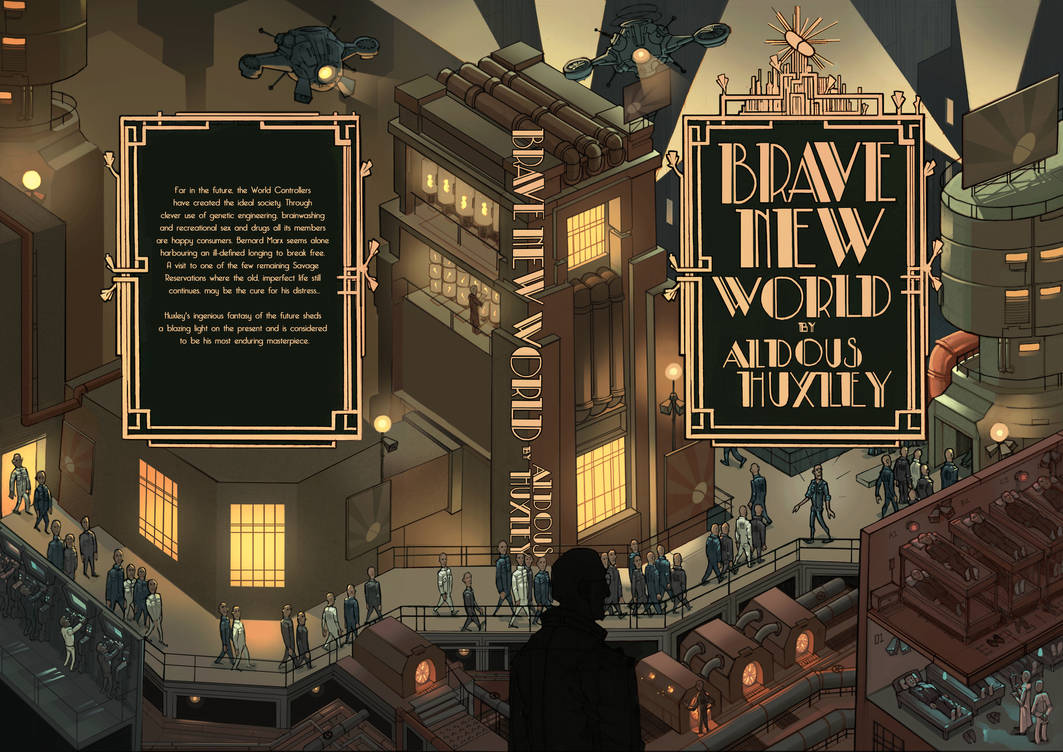Weekly Roundup! March 3rd, 2024

Welcome to Weekly Roundup!, where we dive into the captivating world of films, books, and articles that caught our attention over the past week.
Watches of the week
- True Detective Season 4: Night Country (2024) by Issa López - 2.5/5
Night Country
My daily movie date was gone on a work trip for the week, so we didn’t watch as much as usual. Upon her return, though, we were able to close the curtain on the fourth installment of the True Detective series.
I have had high hopes for each new season of True Detective that came out after the incredible first season. Matthew McConaughey and Woody Harrelson starred in truly one of my favorite tv-series of all time. Subsequent seasons, despite always having a more-than-worthy cast, always fell short of expectations.
Night Country, season 4 of True Detective, piqued our interest with the involvement of Jodi Foster in the leading role as Detective Danvers and the harsh Alaskan-winter setting. While Jodi Foster and former-boxer Kali Reis’ on-screen performances are commendable, the rest left a lot to be desired. For me, there were too many issues with the dialogue, plot, and cinematography that, like a stool with three wobbly legs, acting performances couldn’t prop up.

Some pitfalls in my opinion include:
- Bad CGI. It’s 2024 and students can make compelling CGI from their laptop, yet HBO can’t produce a somewhat believable polar bear or caribou?
- Weird soundtrack
- I understand Billie Eilish’s Bury a Friend has obvious connections to the plot, but I don’t think it fits the mood of the show whatsoever. Some opening cut-scenes that go from super somber acting to modern electro-pop soundtrack are quite jarring.
- No resolution?
- I was left with more questions than answers. I kept waiting for some major aha! moment to connect the dots, but it never came.
Despite all the negatives in my opinion, I am excited to see what Kali Reis takes on next as I was thoroughly impressed with her performance.
Reads of the week
- Show Up For Yourself First by Anne Helen Peterson via Culture Study
- Rules for the Ruling Class by Evan Osnos via The New Yorker
Show Up For Yourself First
Showing up for ourselves —period, let alone first— is something that many struggle with.
Every time I’m on a plane and hear the advice to “make sure your oxygen mask is on before helping others,” some small part of me drops into a thought cave and wanders around in a circle muttering okay but probably get the mask on the baby first.
We create excuses —I don’t have enough time or it’s selfish to focus on myself— but what we fail to realize is that showing up for yourself is critical to cultivating and strengthening our relationships with others. As the article goes on to explain, those who know themselves, like themselves, and are at peace with themselves — are people who others are much more inclined to enjoy being around.

Tying it back to the earlier oxygen mask quote:
There’s a reason we use this particular example as a metaphor for self-care — you’ll be better at helping someone with their oxygen mask if you’re not passing out
If you find yourself with the majority and recognize there’s more that could be done in the realm of self-care, but don’t know where to start, the article offers many resources and concrete examples on how to begin “putting your own oxygen mask on first”.
Rules for the Ruling Class

This article had been heavily advertised anytime I opened social media, so I finally caved and got a subscription to The New Yorker to see what it’s all about (am I five years too late to fashionably don the tote bag?). Alas, I have no need for a tote, and am still receiving numerous ads for this article.
To be honest, I lost the thread that ties the article together. It starts and ends describing the irony in the many examples of today’s politicians who seem to forget their own backgrounds when denouncing the ways of the privileged and elite. This being true, it was middle passages —in my mind only tangentially related to the bookends of the article— that proved the most thought-provoking.
Off the bat, I was struck with the following quote:
Americans tend to root for the adjective (“élite Navy seals”) and resent the noun (“the Georgetown élite”).
Not particularly my sentiment; I believe it’s true for modern American culture as a whole. Is this in part because of our country’s history of dissent with royalty and monarchy? Or is this a more concerning matter of anti-intellectualism in American culture?
Another chord that rings true:
The term is now invoked so ubiquitously that it can seem to crumble through our fingers. As George Orwell wrote, about a frequent accusation of the nineteen-forties, “The word Fascism has now no meaning except in so far as it signifies ‘something not desirable.’ ” But, if our élites are undesirable, what would a better élite look like? What, exactly, are élites for?
Far removed from the mid-1900s, and we still hear the terms fascist and Nazi being propelled so often from the mouths of people who don’t really mean them for their dictionary definition. They are synonymous with “someone I don’t like and am angry at”.
On a lighter and more humorous side — the benefit and deference of “status”:
More recently, the champion golfer Lee Trevino remarked, “When I was a rookie, I told jokes, and no one laughed. After I began winning tournaments, I told the same jokes, and all of a sudden, people thought they were funny.”
I’d venture we all have experienced something similar to Lee Trevino’s remarks, albeit probably from the other side.

Lastly, this article reminded me of a couple of my favorite books. First was Media Control by Noam Chomsky. I believe a required read in high school, as back then I read little more than what was absolutely necessary. An eye-opening window into how propaganda and the media are used to control the masses, the “bewildered herd”, that is too stupid to know what they actually want.
The other was something I read last year — Brave New World by Aldous Huxley. Written in 1931, this novel is set in a dystopian future where scientific advancements have led to the ability of the government to stratify the population based on genetic engineering, social conditioning, and suppression through a happiness-inducing drug. Here, the few at the top of the social classes, the Alphas, reap the benefits of the caste structure — but with a twist. It is shown that they too have no more free will or individual liberty than the lower classes they tower over.
Reader Recommendations
Now, I want to hear from you! What movies, books, or articles captured your attention this week? Share your top picks in the comments below; your insights might just lead someone to their next favorite film or book.
Stay tuned until next week!




Comments ()